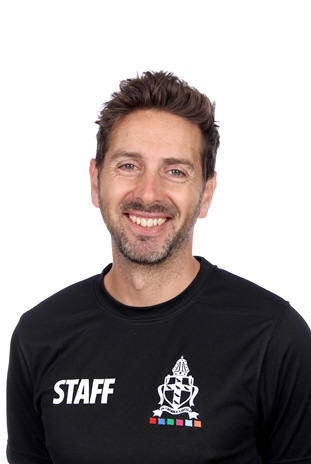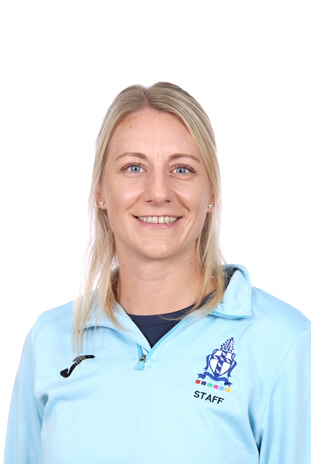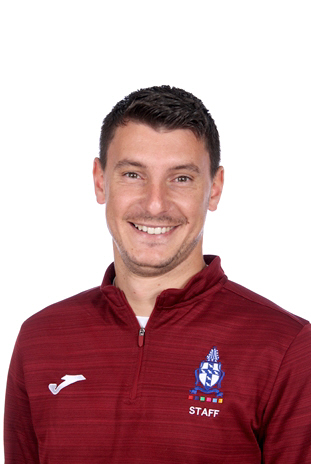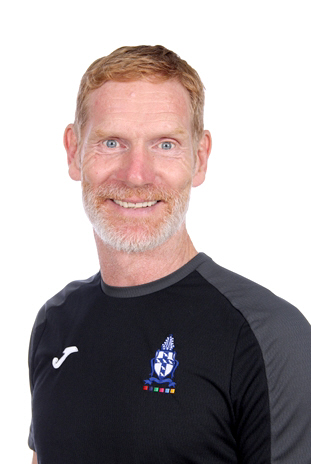Physical Education
Physical Education is one of the best courses for anyone interested in developing a career in sport or science. You will develop an excellent understanding of how the body, mind and society can impact on elite sports, as well as grass roots. This course will give you the opportunity to investigate the variety of activities and roles that you can undertake as a sports person. You will explore the array of factors that affect a person’s ability to train effectively and improve sporting performance. You will also examine a variety of external factors that affect the sports industry and encourage lifelong participation.
Entry Requirements
Grade 6+ in GCSE PE, Science and Maths/ Merit in BTEC Sport Level 2. Students should be regularly participating in a high level of sport or looking to gain a coaching qualification and to coach a team.
Content
This AQA A Level course has three components:
| Component One: | Factors affecting participation in physical activity and sport. |
| Component Two: | Factors affecting optimal performance in physical activity and sport. |
| Component Three: | Practical Performance in physical activity and sport (practical footage and assessment) |
In Year One you will study
- Applied anatomy and physiology - including the cardiovascular system, the respiratory system, the musculoskeletal system and energy systems used in activity.
- Biomechanics – Newton’s Laws of motion, lever systems and linear motion and their application to sport.
- Skill Acquisition - How skill is acquired to optimise the learning of new, and the development of existing skills, plus the impact of psychological factors on performance.
- Sport and Society - The evolution and interaction of sport and society, including the impact of sport on society and of society on sport.
- Sport Psychology – An introduction to the role of sport psychology in optimising performance in physical activity and sport, including personality, attitude, arousal, anxiety, aggression, motivation and stress management techniques to help control these factors.
In Year Two you will study...
- Exercise physiology – Understand the adaptations to the body systems through training or lifestyle, and how these changes affect the efficiency of these systems. Includes injury prevention and rehabilitation of injury.
- Sport and society and the role of technology in physical activity and sport – developing year one content with a focus on concepts, development of performers, ethics, violence, drugs and sports law, commercialisation and technology use.
- Biomechanics continued – Motion and forces and their relevance to sporting performance. This includes biomechanical definitions, equations, formulae and units of measurement.
- Skill Acquisition continued – Memory models and the efficiency of information processing when processing skill development to an elite level.
- Sport Psychology continued– Leadership, group dynamics, attributing reasons to success and failure, self-confidence and goal setting.
Assessment
| Component One: | 35% examination |
| Component Two: | 35% examination |
| Component Three: |
30% coursework (15% practical footage and self-assessment, 15% theoretical application to improving two weaknesses) |
Am I right for the course?
You should have a keen interest in sport and recreation, an enquiring mind and be participating regularly in sport outside school. As a performer, you should want to know more about the body functions and the effects of exercise and want to evaluate and improve your own and others’ performance in a range of sports roles. The course has links in to many sporting subject areas at university level, and many of the skills we learn through sports can be transferred into a variety of working situations.
Course Highlights
| Hands-on Experience: |
Where appropriate, we aim to deliver through the practical. You are invited to support our PE department with lessons and clubs and, if confident, coach/officiate/manage a younger age group. |
| Personal Development: | Develop your coaching skills by supporting one of our numerous sports teams and linking all the theoretical knowledge to how our bodies work in sport. |
| Enrichment: |
Trips to Wimbledon, Lords, Brighton & Hove Albion FC for Careers in Sport session plus school opportunities for attendance at professional matches. |
Where next?
A Level Physical Education gives you an excellent grounding in the subject content needed to progress on to a sports science-based degree at university. You will also develop your knowledge of human anatomy and physiology as well as sports psychology in order to get a job in some of the fast-growing leisure and recreation industries. Sports industry careers include becoming a sports nutritionist, psychologist, therapist, sports marketing, a variety of coaching roles, becoming a fitness professional and sports development. A fantastic link to university.
FAQ's
- Will there be any practical lessons?
In short, no, the expectation is that you are performing/coaching outside of lesson time. However, we do attempt to include practical examples within our teaching. - What sports can I use to perform/coach in?
This is decided by the exam board, but a list of these can be found on the AQA website or just ask. AQA | Physical Education | A-Level | A-level Physical Education - Do I need to have taken Dance / PE or BTEC Sport to take this course?
It is highly recommended having some foundation knowledge, however, if you have not taken one of these courses but meet the other entry requirements and participate at a high level, and, are willing to work hard to catch up, then we will consider your application.
Physical Education A Level Teaching Staff

Subject Leader for PE
c.iddles@stwilfrids.com

Subject Leader for Girls PE
h.jennings@stwilfrids.com

PE Teacher
m.sapwell@stwilfrids.com

PE Teacher
d.ashleigh-morris@stwilfrids.com
